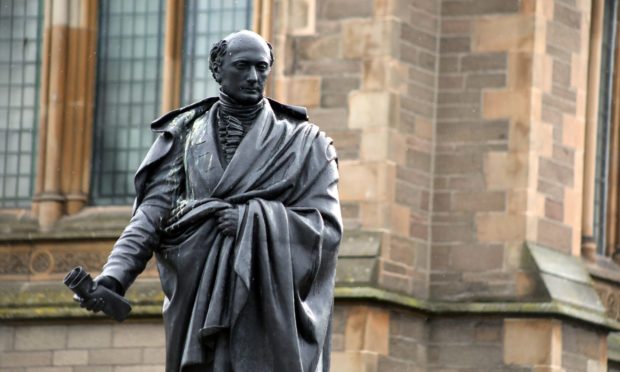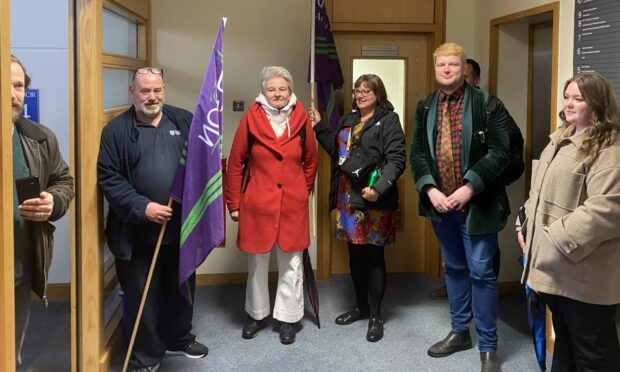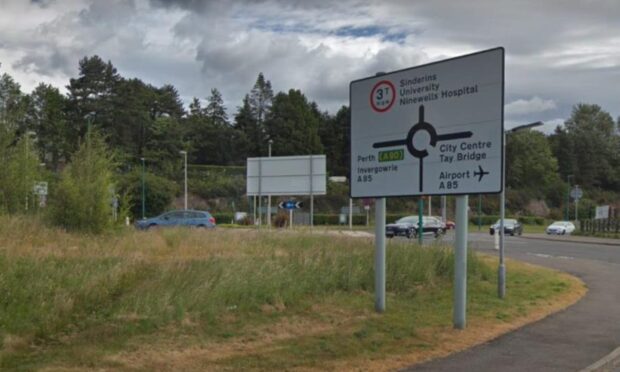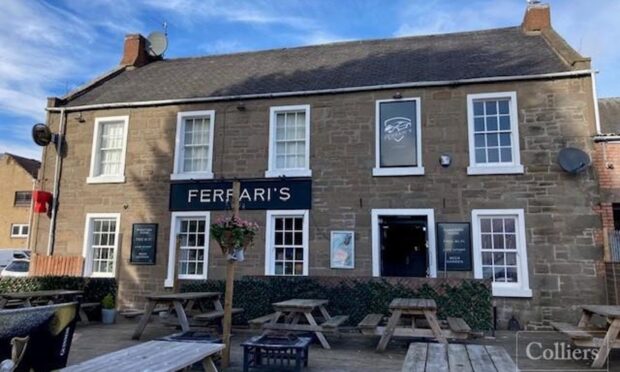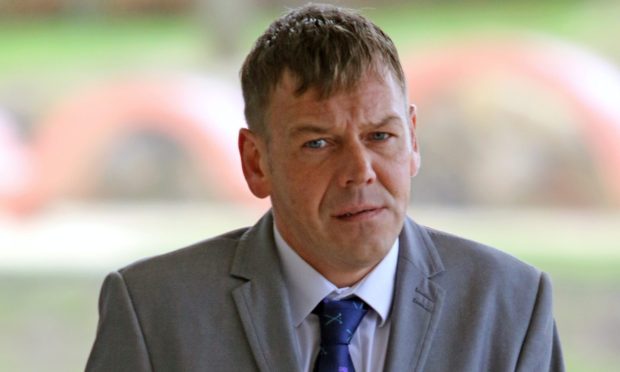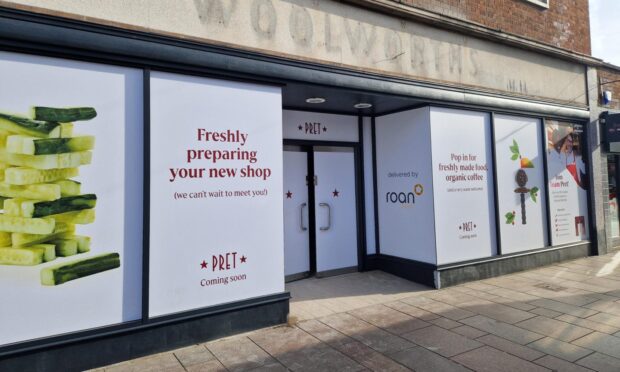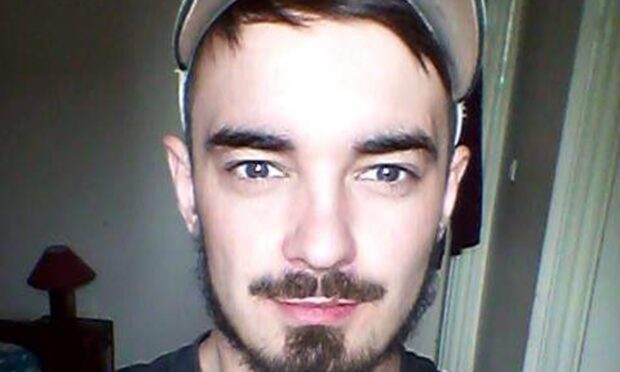A new spotlight will be shone on Dundee’s historic links to slavery and racism in a bid to educate people about the city’s past and present inequalities.
An exhibition and walking trail are among the measures being considered, as well as the commissioning of new artwork to promote the idea of equality.
City leaders say it is time to accept the role Dundee played in the slave trade and to do more to tackle current issues, including human trafficking and discrimination.
There are no plans to topple statues or renaming streets, as has happened elsewhere in the UK in light of the Black Lives Matter movement, but at a Dundee City Council meeting next week, councillors will be asked to explore other options.
These include a permanent exhibition in the McManus Galleries, a walking trail with information points across the city and further research into Dundee’s slavery links.
Councillors will also be asked to consider greater participation in Black History Month, improved Fair Trade work, more education in schools and a review of the city’s public safety approach to human trafficking.
At the policy and resources committee on Monday, councillors will be asked to set up a working group to consider the options, guided by black and minority ethnic residents of Dundee.
Lynne Short, the council’s equalities spokesperson, said: “This council unequivocally stands against racism wherever it rears its ugly head and that is a stance that extends into the past as well as to the here and now.
“While we have not seen an overwhelming appetite in Dundee for the removal of statues and the alteration of street names or public buildings which have a direct and/or indirect association with slavery and its impact, this report offers up a number of ways that we as a community can provide honest explanation, education and public information about the involvement of the city.
“We stand with black and minority ethnic communities and we want to listen to what should be done to root out the evil of racism once and for all.
“It has no place in our world and together we can defeat it.”
Earlier this year Tayside’s links to the slave trade came under fresh scrutiny.
A statue of radical politician and slave owner George Kinloch in Dundee’s Albert Square, and the Melville Monument to Henry Dundas on Dunmore Hill overlooking Comrie, in Perthshire, were placed on an anti-racist protesters’ online “topple list”.
Concerns were also raised about concerns about three city streets named after Dr Walter Tullideph, who owned slaves and ran plantations on the Caribbean island of Antigua in the 18th Century.
